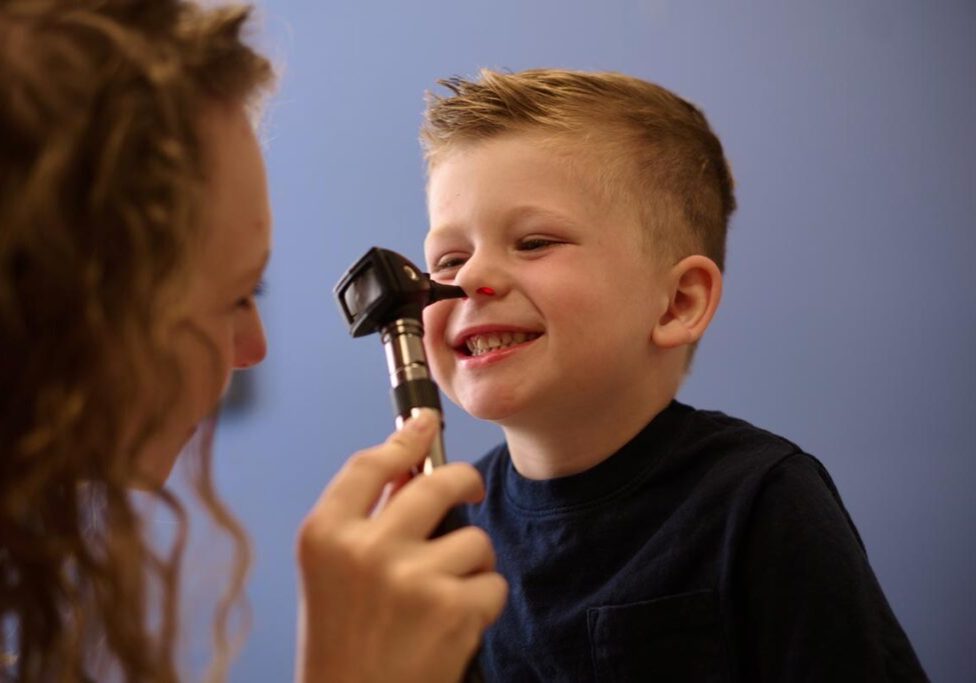
Allergies May Be Causing Your Sinusitis
How many times can you experience sinusitis before you’ve had enough?
Many patients who visit our clinic have recurring sinusitis multiple times a year, and the traditional treatment – antibiotics – doesn't touch their symptoms, or may only temporarily provide relief. That’s because allergies can be at the root – and it is for roughly 80% of those with chronic sinusitis.
Here’s how you may know your chronic sinusitis is allergy-related, and what you can do to treat it.
Symptoms
Sinusitis symptoms occur when the nasal passages become inflamed, and it can be due to allergies, bacteria, the common cold, or acid reflux. The common symptoms are:
- Facial pressure
- Headache
- Fever
- Postnasal drip
- Congestion
- Tooth pain
Symptoms typically last seven to ten days, though some experience the symptoms even longer. Sinusitis is considered chronic if it lasts several weeks or reoccurs multiple times in a year.
Allergy connection
If you’re experiencing sinusitis seasonally, or multiple times a year, there’s a good chance allergy may be the culprit. A study by the Mayo Clinic found that 80% of chronic sinusitis cases are connected to allergy, and mold allergy, specifically.
Why does allergy cause this? Those with environmental allergens – like trees, grass, weeds, dust and mold – can experience inflammation in the nose, sinuses, ears, and lower airways after inhaling their problem allergen. This is a typical allergic response, but this inflammation can cause fluid to accumulate in the sinuses, and that’s when the infection occurs. Getting to the cause of the offending allergy may help reduce sinusitis cases.
Diagnosis and Treatments
Some providers will hear your symptoms and provide an antibiotic to hopefully kick whatever infection has made itself a home in your sinuses. But if allergy is the suspected cause, antibiotics won’t help since there isn’t a bacteria present.
An allergy provider at Allergy Associates of La Crosse (AAOL) will hear your medical history, complete an exam, and may order diagnostics including imaging, cultures, and allergy testing. If environmental allergies are detected, they may recommend disease-modifying allergy treatment to treat the underlying cause of your sinusitis.
AAOL offers sublingual immunotherapy treatment following The La Crosse Method™ Protocol. This treatment is administered via a liquid dose taken under the tongue three times daily. Each dose contains custom levels of the identified allergens at a level that helps to introduce the body to the problem allergies, but not cause a reaction. Over time, the amounts of the allergens are slowly increased until the body learns to no longer react when exposed to those allergens.
The goal is to help reduce or eliminate allergy symptoms and instances of related conditions – including allergy-related sinusitis.
Posted in Allergic Conditions and tagged Antibiotics, Sinuses, Sinusitis.